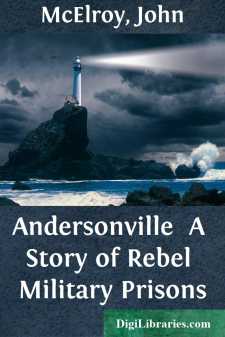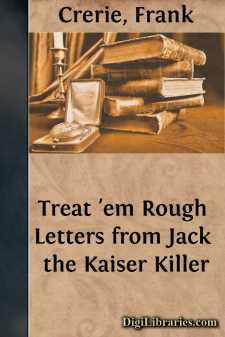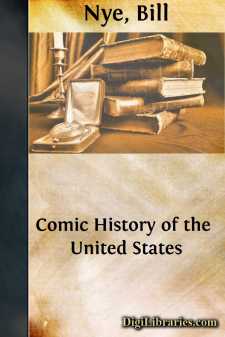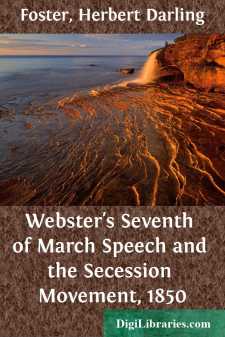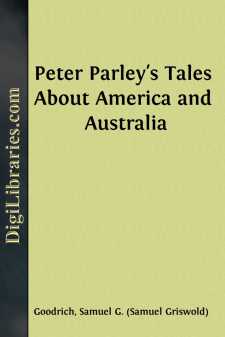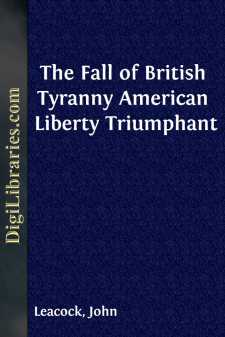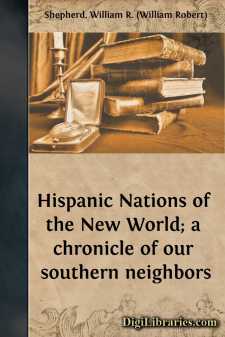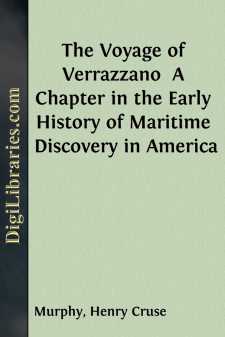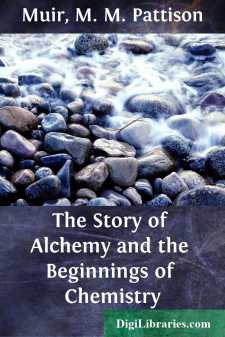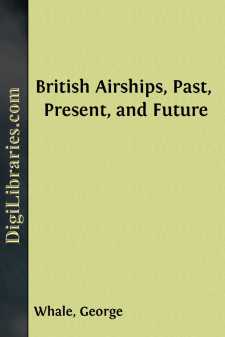History
- Africa 30
- Americas (North Central South West Indies) 50
- Ancient 68
- Asia 58
- Australia & New Zealand 8
- Canada 41
- Caribbean & West Indies 1
- Civilization 20
- Eastern Europe 12
- Europe 310
- Expeditions & Discoveries 60
- General 77
- Historical Geography 1
- Jewish 9
- Latin America 3
- Medieval 8
- Middle East 13
- Military 248
- Revolutionary 8
- Study & Teaching 5
- United States 353
- Western Europe 56
- World 13
History Books
Sort by:
by:
John McElroy
INTRODUCTION. The fifth part of a century almost has sped with the flight of time since the outbreak of the Slaveholder's Rebellion against the United States. The young men of to-day were then babes in their cradles, or, if more than that, too young to be appalled by the terror of the times. Those now graduating from our schools of learning to be teachers of youth and leaders of public thought, if...
more...
by:
Frank Crerie
JACK THE KAISER KILLER Camp Grant, Sept. 23. FRIEND AL: Well Al I am writeing this in the recreation room at our barracks and they's about 20 other of the boys writeing letters and I will bet some of the letters is rich because half of the boys can't talk english to say nothing about writeing letters and etc. We got a fine bunch in my Co. Al and its a cinch I won't never die in the...
more...
by:
Bill Nye
CHAPTER I. THE DISCOVERY OF AMERICA. It was a beautiful evening at the close of a warm, luscious day in old Spain. It was such an evening as one would select for trysting purposes. The honeysuckle gave out the sweet announcement of its arrival on the summer breeze, and the bulbul sang in the dark vistas of olive-trees,—sang of his love and his hope, and of the victory he anticipated in the...
more...
I. During the session of Congress of 1849-1850, the peace of the Union was threatened by problems centering around slavery and the territory acquired as a result of the Mexican War: California's demand for admission with a constitution prohibiting slavery; the Wilmot Proviso excluding slavery from the rest of the Mexican acquisitions (Utah and New Mexico); the boundary dispute between Texas and...
more...
CHAPTER I. PARLEY TELLS HOW AMERICA WAS FIRST DISCOVERED, AND ABOUT COLUMBUS THE DISCOVERER. Now that I have given you an account of European cities in my "Tales about Europe," I shall now furnish you with some description of America, with its flourishing cities, and its multitude of ships, its fertile fields, its mighty rivers, its vast forests, and its millions of happy and industrious...
more...
by:
John Leacock
JOHN LEACOCK Among the elusive figures of early American Drama stands John Leacock, author of "The Fall of British Tyranny," published in 1776, in Philadelphia. Even more elusive is the identification, inasmuch as his name has been spelled variously Leacock, Lacock, and Laycock. To add to the confusion, Watson's "Annals of Philadelphia," on the reminiscent word of an old resident...
more...
CHAPTER I. THE HERITAGE FROM SPAIN AND PORTUGAL At the time of the American Revolution most of the New World still belonged to Spain and Portugal, whose captains and conquerors had been the first to come to its shores. Spain had the lion's share, but Portugal held Brazil, in itself a vast land of unsuspected resources. No empire mankind had ever yet known rivaled in size the illimitable domains of...
more...
THE DISCOVERY ATTRIBUTED TO VERRAZZANO. The discovery of the greater portion of the Atlantic coast of North America, embracing all of the United States north of Cape Roman in South Carolina, and of the northern British provinces as far at least as Cape Breton, by Giovanni da Verrazzano, a Florentine, in the service of the king of France, has received until quite recently the assent of all the...
more...
CHAPTER I THE EXPLANATION OF MATERIAL CHANGES GIVEN BY THE GREEK THINKERS. For thousands of years before men had any accurate and exact knowledge of the changes of material things, they had thought about these changes, regarded them as revelations of spiritual truths, built on them theories of things in heaven and earth (and a good many things in neither), and used them in manufactures, arts, and...
more...
by:
George Whale
INTRODUCTION Lighter-than-air craft consist of three distinct types: Airships, which are by far the most important, Free Balloons, and Kite Balloons, which are attached to the ground or to a ship by a cable. They derive their appellation from the fact that when charged with hydrogen, or some other form of gas, they are lighter than the air which they displace. Of these three types the free balloon is...
more...


